


Laboratory tests showed film containing silver-silica nanoparticles to be capable of eliminating 99.84% of SARS-CoV-2 particles after exposure for two minutes.
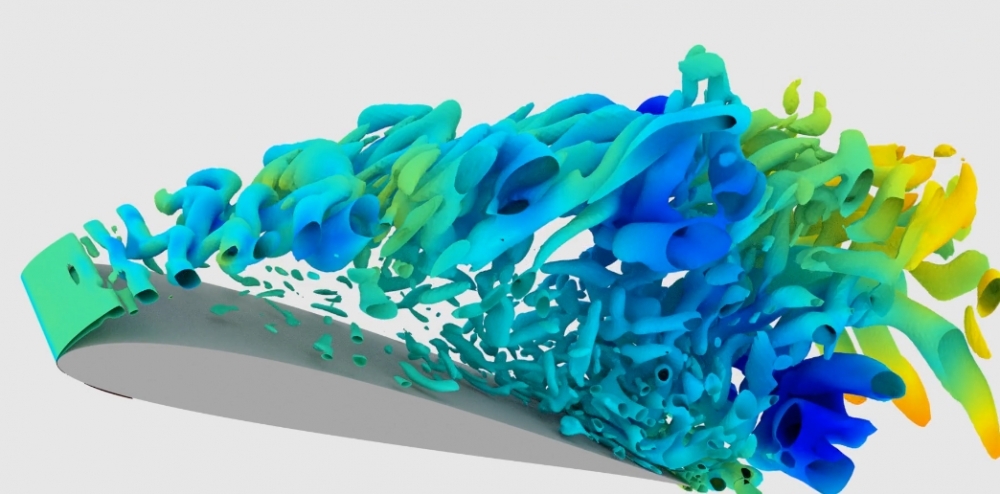
Brazilian researchers studied the morphology of owl wings in search of characteristics that enable these birds to fly silently.

Portable nuclear magnetic resonance device designed with FAPESP’s support will inform consumers regarding value added to beef products.

Protocol developed by Brazilian researchers shows SARS-CoV-2 replicating near cell nucleus. Methodology helps scientists understand coronavirus’s action mechanism and could also be used to study other viruses.
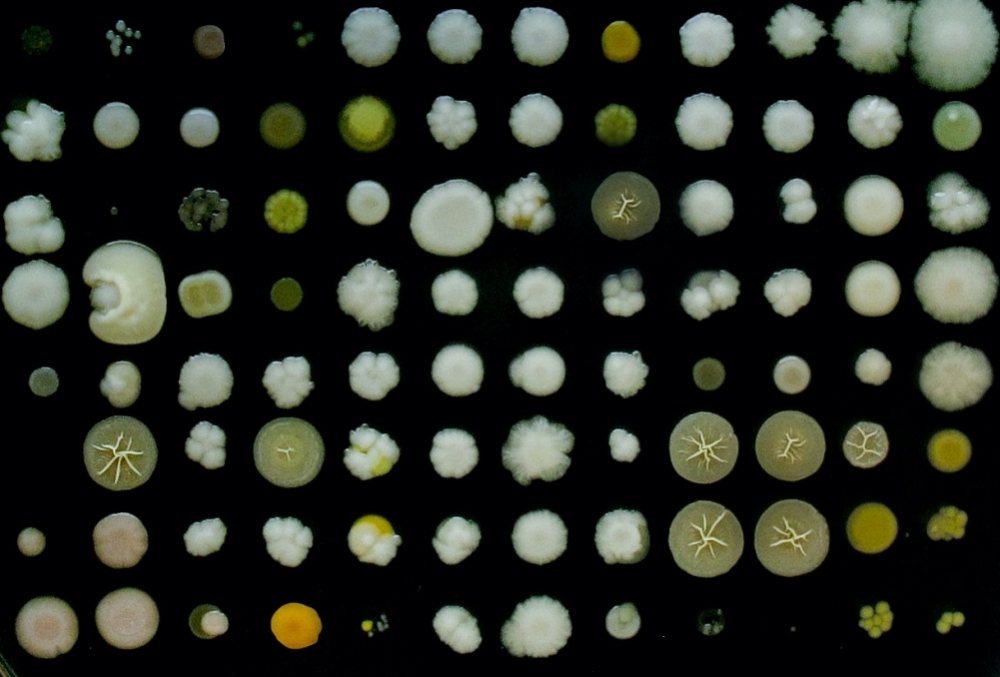
New research field promises to transform food production and treatment of diseases. A global panel of experts unified concepts to define research priorities and offer basis for legislation.

The startup’s founders were researchers at the University of São Paulo and adjusted their marketing strategy to focus on regenerative, veterinary and sports medicine thanks to training provided by PIPE, FAPESP’s program for Innovative Research in Small Business.
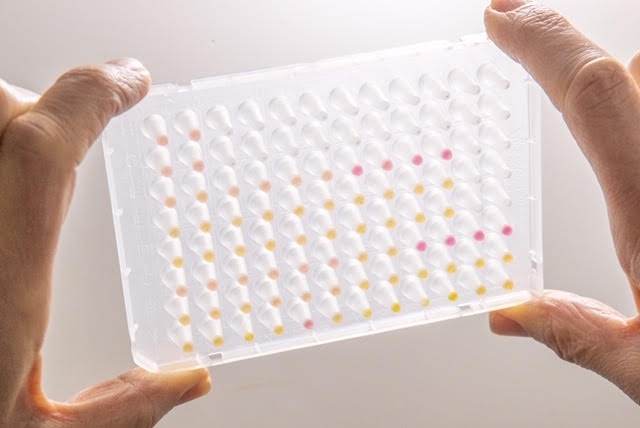
Designed by the Human Genome and Stem Cell Research Center, the novel test may cost a quarter of those based on RT-PCR, considered the gold standard for diagnosis of the disease.

Integrated with the air quality management tool created by startup Omni-electronica, a collector captures viruses suspended in the environment and submits the air samples to RT-PCR testing. Monitoring of crowded locations combined with indicators created by the firm can contribute to a safer economic reopening.

The conventional process requires costly large-scale equipment. The novel method can be executed in a single step by a device no larger than a microwave oven.
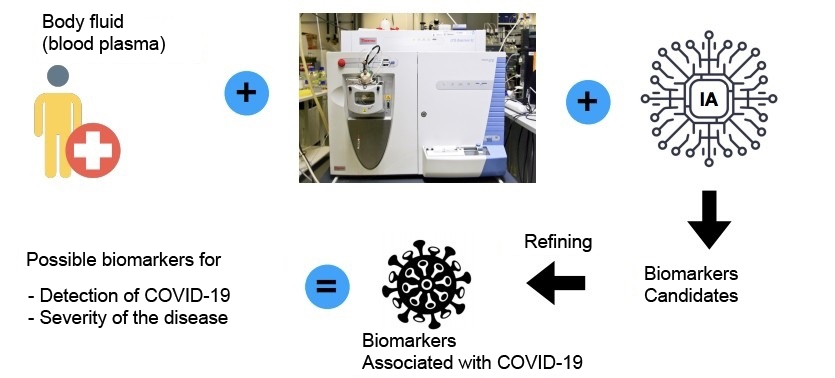
The automated system developed by Brazilian researchers is based on an analysis of patterns of molecules in patient blood plasma.
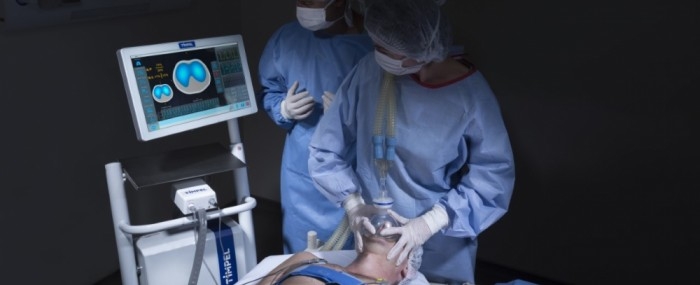
An electrical impedance tomography system was developed by a São Paulo-based startup to monitor the lungs of patients on mechanical ventilation uninterruptedly and noninvasively.

The lens can be used to produce high-resolution images with a wide field of view. It can serve as a camera lens in smartphones and can be used in other devices that depend on sensors.

Applied to skin as a piece of sticking plaster, the device developed by Brazilian researchers can be used to monitor human metabolism and administer drugs.
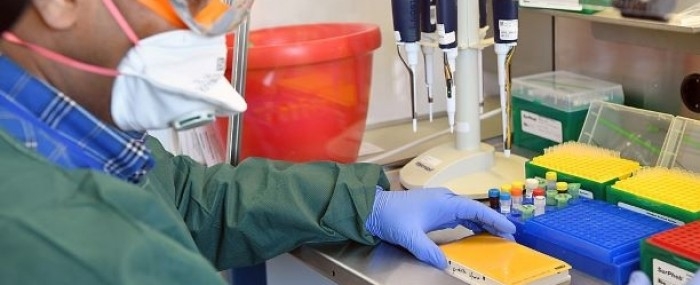
Through a project supported by FAPESP, the São Paulo-based firm is developing an RT-qPCR diagnostic kit in which all reactions take place in a single tube.
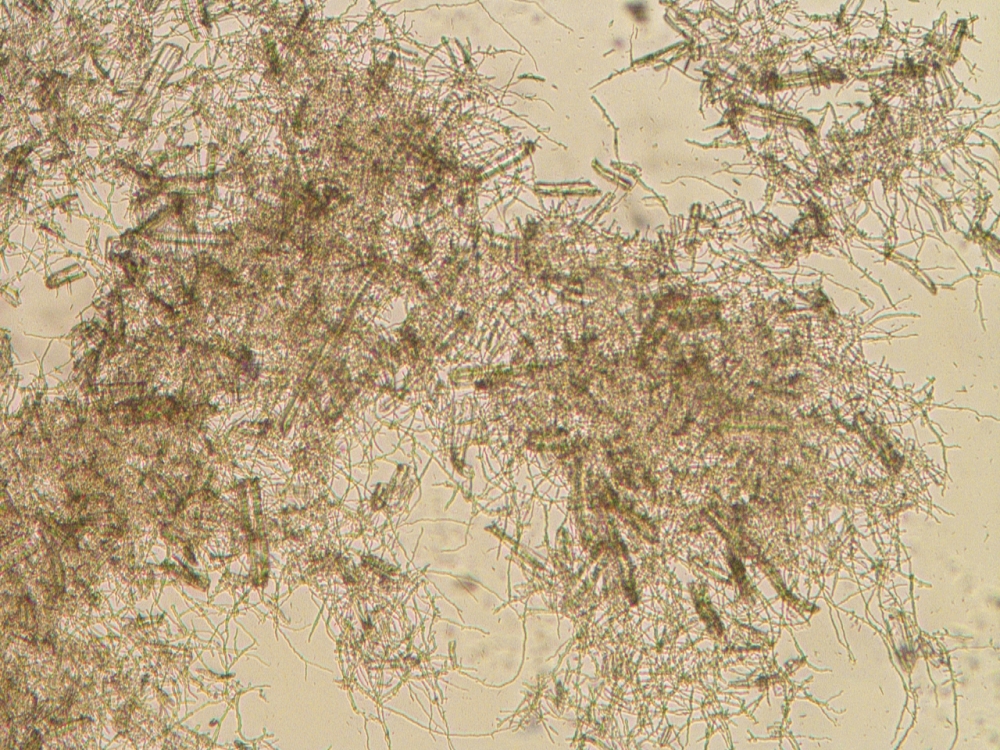
Brazilian researchers used genetic engineering to develop a low-cost platform for the production of enzymes that break down sugarcane trash and bagasse for conversion into biofuel. The novel molecules have many potential industrial applications.

Ten units of the device developed at the university’s Engineering School (POLI-USP) began operating at Hospital das Clínicas in July.
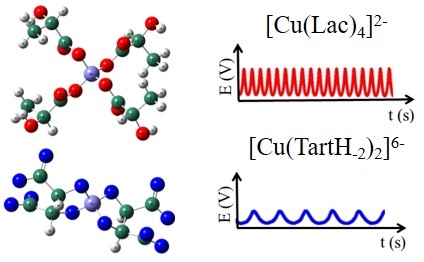
Possible applications range from sensors to fuel cells. The researchers are affiliated with the University of Campinas, and their work is featured on the cover of the current issue of ChemElectroChem.
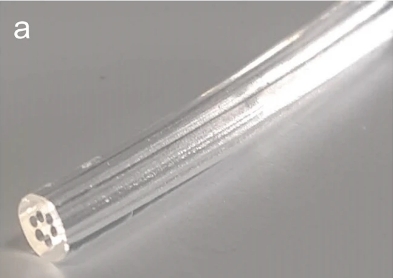
Edible, biocompatible and biodegradable, these fibers have potential for various medical applications. The results are described in the journal Scientific Reports.

Program developed by startup with FAPESP’s support was initially designed to train cognitive skills and help improve physical fitness but will now have extended functionality.

Platform created by FAPESP in partnership with University of São Paulo, Albert Einstein Jewish Hospital, Hospital Sírio-Libanês and Fleury Group begins providing access to data for more than 177,000 patients, 5 million clinical examinations and 9,600 outcomes.
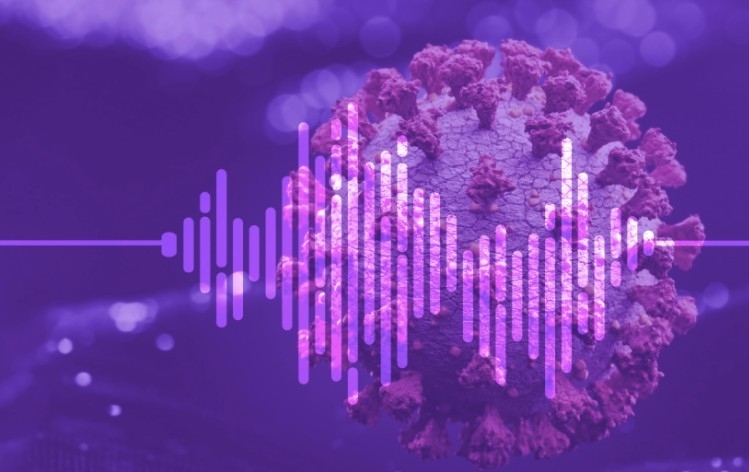
Project supported by FAPESP aims to help triage suspected COVID-19 patients.

In laboratory tests, the material inactivated 99.9% of SARS-CoV-2 in two minutes. The technology developed by the startup, which is supported by FAPESP, will be used to produce face masks and hospital apparel.

The project is supported by FAPESP’s Innovative Research in Small Business Program. The firm plans to produce ELISA kits that will detect antibodies against the novel coronavirus in blood serum.
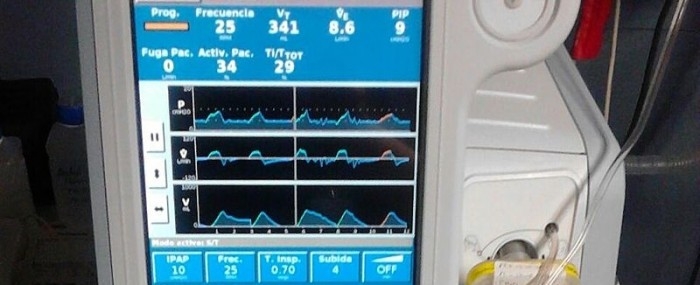
Through a project supported by FAPESP, the São Paulo-based firm Setup is developing two portable ventilators. More robust and easier to operate than standard devices, they are designed for use in ICUs and field hospitals.

Company supported by FAPESP is developing a smart visible and thermal spectrum imaging system to spot people with fever in schools, malls or offices.